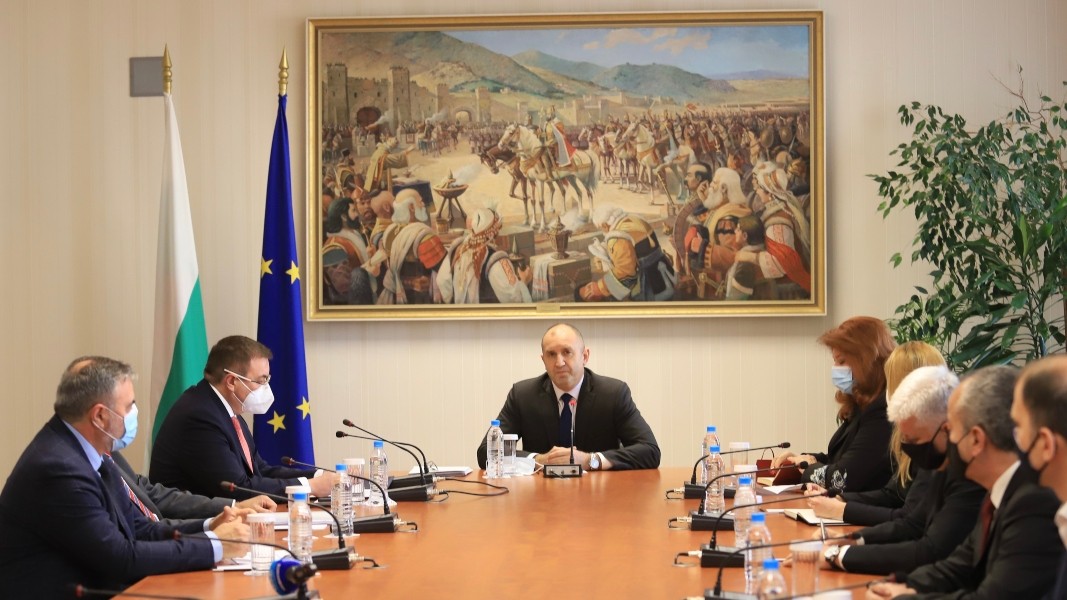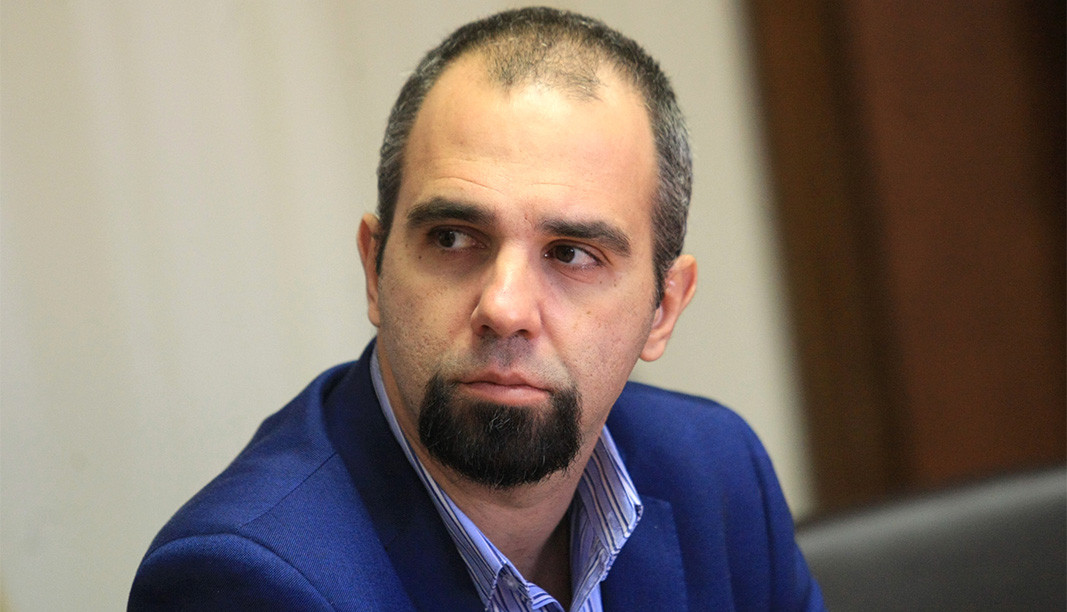Parliamentary elections in Bulgaria are in the offing. With the start of the new year, the political forces seem to be swinging into action. President Rumen Radev, who is to set the exact date for the holding of the parliamentary elections by decree, has launched a series of consultations on the holding of fair, transparent and safe general elections.

With a reputation for playing the role of a balancing factor in the politician domain, the Movement for Rights and Freedoms (MRF) started the year by announcing the members of the operational office which is to run its election campaign. The party’s central council also adopted a political declaration in which it states that the elections this year will be a test for all parties, their members and supporters: “As long as the administration is part of the crises and not of the solutions, Bulgaria will continue to lag behind in its development compared to the other European countries and will find it increasingly difficult to find its due place in the region and in Europe.”
Fugitive oligarch Vassil Bojkov on his part called for “an end to the rule of the junta” and a “re-establishment of the welfare state”. Hiding out in Dubai, he announced online that he was creating a political party called “Bulgarian summer”.
As a counterpoise to the accusations that it has failed to address the pandemic and the ensuing crisis, the ruling GERB party is starting the year with enviable self-confidence. Prime Minister Boyko Borissov himself stated that months from now “Bulgaria will turn out to be the country which has managed its finances, the economy and the health measures during the crisis in the best way possible.”
“The coronavirus will be the principal “host” in everyone’s reckoning,” sociologist Parvan Simeonov comments. In his words the important thing will be the post-election tactics of the contestants in the upcoming parliamentary elections.

He outlines two scenarios – everyone against GERB, or a GERB reborn:
“The first one is everyone against GERB, i.e. to bring together “oil and water” in some kind of cabinet of experts to do some kind of dog work. Maybe with a limited term of office, and then the country can go ahead and take a new track./…/GERB is rearing its head, so are the patriots – mostly over the Macedonian issue, VMRO is exceedingly active. The Movement for Rights and Freedoms too is rearing its head – Erdogan is “wooing” the movement which means he has abandoned his plans of splitting it up. Could this mean more maneuvering room for GERB? This brings us to the other big question: will GERB change, will the MRF change? One of the ideas now being floated is that of a “GERB with a human face”, and one of the speculations now in vogue is what is happening with the MRF’s economic wing identified with Delyan Peevski *. This is going to be one of the things we are going to see in 2021. If possible, there will be a huge question mark within the ranks of what is known as the “urban right wing” – are they going to accept a GERB with a more pro-western face, i.e. are they going to enter into coalition with the party currently at the helm or not.”
According to Parvan Simeonov, before the protests and the corona crisis, Boyko Borissov believed that his current term of office would be his last as prime minister.
“2020 was the year he imagined would be some kind of historical tribute, but what happened was the exact opposite. It is precisely the protests and the corona crisis that whetted Borissov’s appetite to consider one more term of office because he wants to be remembered favourably, but 2020 gave him no such chance,” the analyst says.
An Exacta survey conducted at this time points to four political forces certain to enter the next parliament: GERB, the Bulgarian Socialist Party (BSP), “There are such people” and the Movement for Rights and Freedoms, while Democratic Bulgaria and United Patriots have a potential to clear the 4% threshold. But making political predictions is a difficult thing and it looks like the only certainty is that the next government of Bulgaria will be a coalition government.
“At this point a coalition that might win at the parliamentary elections in the spring does not look like anything – anyone might enter into coalition with anyone else, even the Bulgarian Socialist Party (currently in opposition) with GERB,” analyst Valentin Vatsev comments.
“On the other hand an everyone-with-everyone else coalition looks highly unattractive. The explanation is that in Bulgaria there do not exist any moral, political or ideological majorities, and it is a major flaw of the political elite – not coming to an agreement on fundamental issues. There does exist agreement that Boyko Borissov’s party has to be brought down, but that is not a constructive kind of accord, it is negative. It is not based on anything that can be advanced in the future. That is why at this stage there does not exist any preliminary political construction that seems viable.”
*Delyan Peevski is a Bulgarian businessman, media mogul and politician. He has been an MP from the MRF party since 2009. In the summer of 2013, the election of Peevski as head of the State Agency for National Security provoked large-scale civic protests.
Interviews by Horizont channel, BNR
Editing by Elena Karkalanova
Photos: BGNES and Ani Petrova/BNR
Romanian parties form coalition to defend the country's European path Romanian President Klaus Iohannis convened the country's new parliament on December 20. The parliamentary elections, which were held on December 1,..
''The talks with a parliamentary group which had stated categorically in advance that it would not participate in the process of forming a government and calls for immediate new elections are pointless'', President Rumen Radev said with regard to his..
President Rumen Radev's consultations with parliamentary groups continue. Today, he will meet representatives of the Alliance for Rights and Freedoms (led by Ahmed Dogan), There is Such a People (ITN) and MECH. Radev has already held talks with..
GERB-SDS terminates the negotiations for the formation of a regular government due to the refusal of Democratic Bulgaria to support a GERB..

+359 2 9336 661
